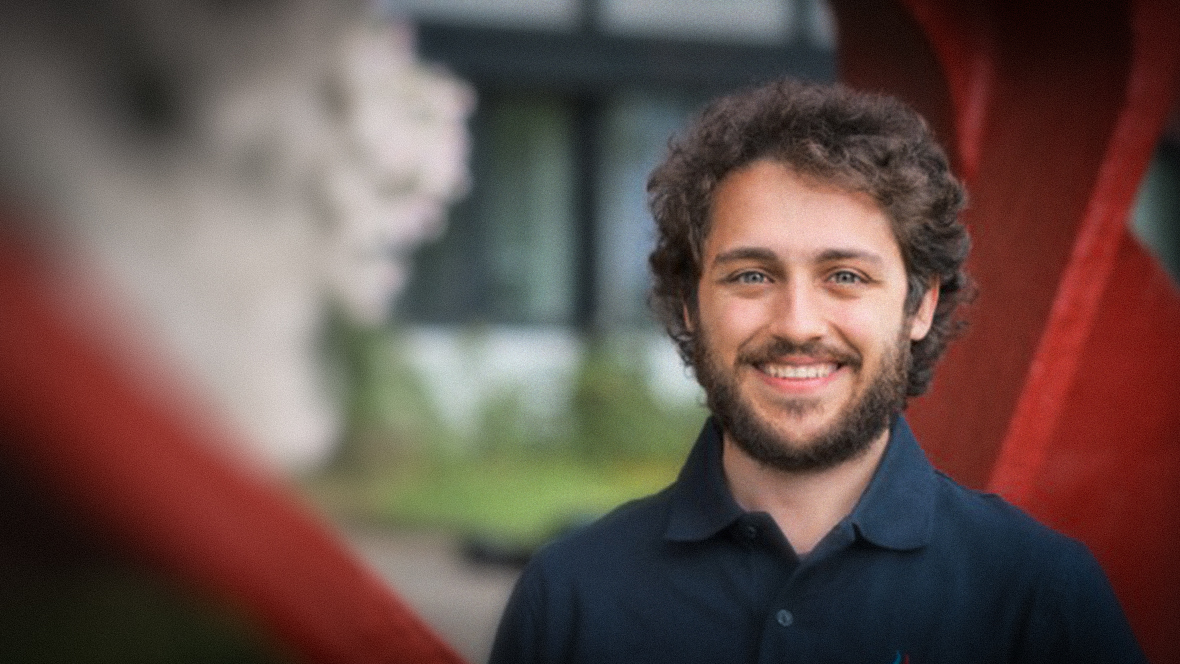Empowering Careers at STFS
At STFS, our goal is to create a supportive, inclusive, and vibrant research community that empowers scientists to reach their full potential.
Researchers in early career phases
We support young scientists by addressing their unique strengths and personality, and provide targeted measures for developing research skills:
Recruiting talents
Our goal is to attract and mentor talented students and graduates supporting them in pursuing doctoral studies at our institute. Key initiatives include:
- Ignite Sustainability: This program was developed from our previous successful Direct Track initiative. While the previous program was limited to female students, it is now expanding to include all talented bachelor graduates. Participants receive insights into an exciting international research landscape and help shape the energy transition. In a research-oriented master’s program, they receive a contract as a student assistant, an institute laptop, access to the HPC computing cluster, and a unique laboratory infrastructure at the partner institute, Reactive Flows and Diagnostics (RSM). Mentoring sessions, participation meetings and conferences round out the programme and optimally prepare graduates for a subsequent doctorate. Learn more
- Promoting an international and interdisciplinary environment in which English is the common language, and team members come from diverse academic backgrounds such as chemical engineering, mechanical engineering, and physics.
Inspiring students
We strive to encourage students early in their academic journey by engaging and impactful teaching. A high value is assigned to
- Educational, understandable, and inspiring lectures for both bachelor’s and master’s programmes. We use a combination of digital content and inverted classroom.
- Research-oriented teaching. Energy-related research, for example, is integrated into our study plan. Students learn how hydrogen can be used in aero engines and gas turbines.
- Active participation in research. We give students the opportunity to contribute to our research in the context of bachelor’s and master’s theses, which often leads to co-authorship of peer-reviewed scientific publications.
Onboarding and integration
New members are paired with a peer mentor to ensure smooth integration during the initial phase of their work with us.
Equity and diversity
Our commitment to equity and diversity is integral to our empowerment ethos:
- We will remain committed to increasing female representation. Approximately 25% of our staff are women (compared to about 12% of mechanical engineering graduates being female at TU Darmstadt, according to the Gender Data Report 2024).
- At STFS we take pride in our international working environment. More than 40 % of our staff have an international background, consequently English is our main language at work. It is common for international postdocs to further their academic career with a stay here on their path to professorship.
- The success of research, teaching, and learning, as well as the quality of study programs and workplace culture, relies on the open collaboration of individuals from diverse backgrounds. TU Darmstadt's diversity strategy is one that we endorse and live by.
STFS as first step in your career
Our goal is to empower our staff and promote multiple career development options. This means that after a doctorate, both academia and industry are possible. We cultivate a supportive, inclusive, and dynamic research community that enables each researcher to achieve excellence. Here are some testimonials from our alumni.
Distinctions
Academic Success
Five of Christian Hasse’s former PhD candidates or postdoctoral researchers have become professors. (See the associated employees section for details.)
Athene Young Investigators
Arne Scholtissek and Federica Ferraro, both mentored by Christian Hasse, were appointed as Athene Young Investigators at TU Darmstadt. They were granted professorial privileges and secured independent DFG funding.
Award-winning talents
Christian Hasse actively supports his team in applying for prestigious awards. Recent awards include:
- Jürgen Warnatz Prize (German Section of the Combustion Institute): Franziska Hunger (2017) and Arne Scholtissek (2021).
- Da Vinci Award (European Research Community of Flow, Turbulence, and Combustion): Matthias Steinhausen (2024).
- Bernard Lewis Fellowship (Combustion Institute): Wang Han (2018) and Xu Wen (2020)














